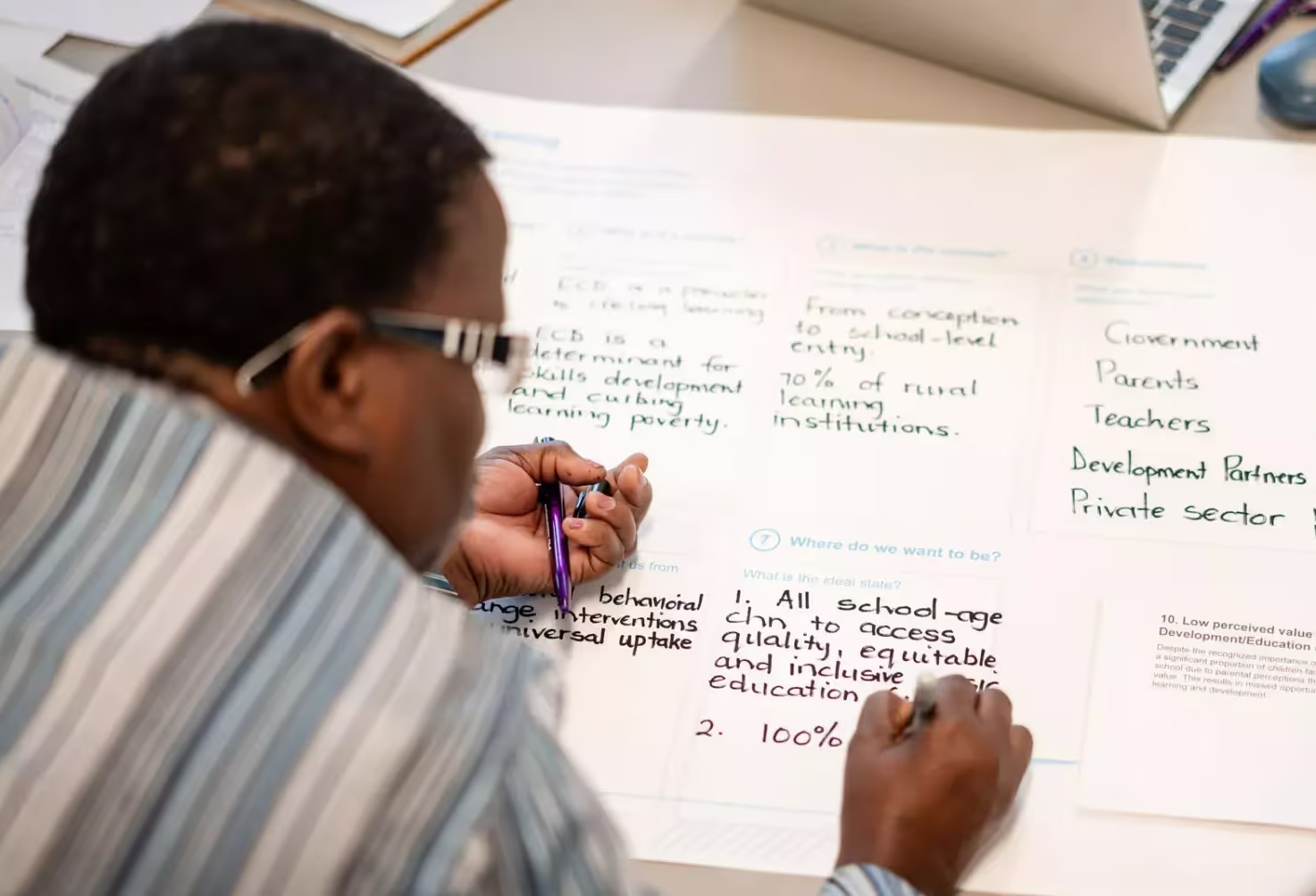Life Supporter Training in VR

A team of 5 WHO staff based in Kuala Lumpur, Malaysia developed a VR prototype with a UK-based partner to train staff in Basic Life Support or CPR for the WHO's LEAD Innovation Challenge 2020. The prototype was tested by over 30 staff and was presented to the Director-General and WHO staff in December 2020. One of its standout features is the staff performance tracking and training reminder portal developed specifically for this prototype. WHO is currently working to secure funding and support to further improve and expand this life-saving system using the popular Oculus Quest 2 headsets.


.avif)

